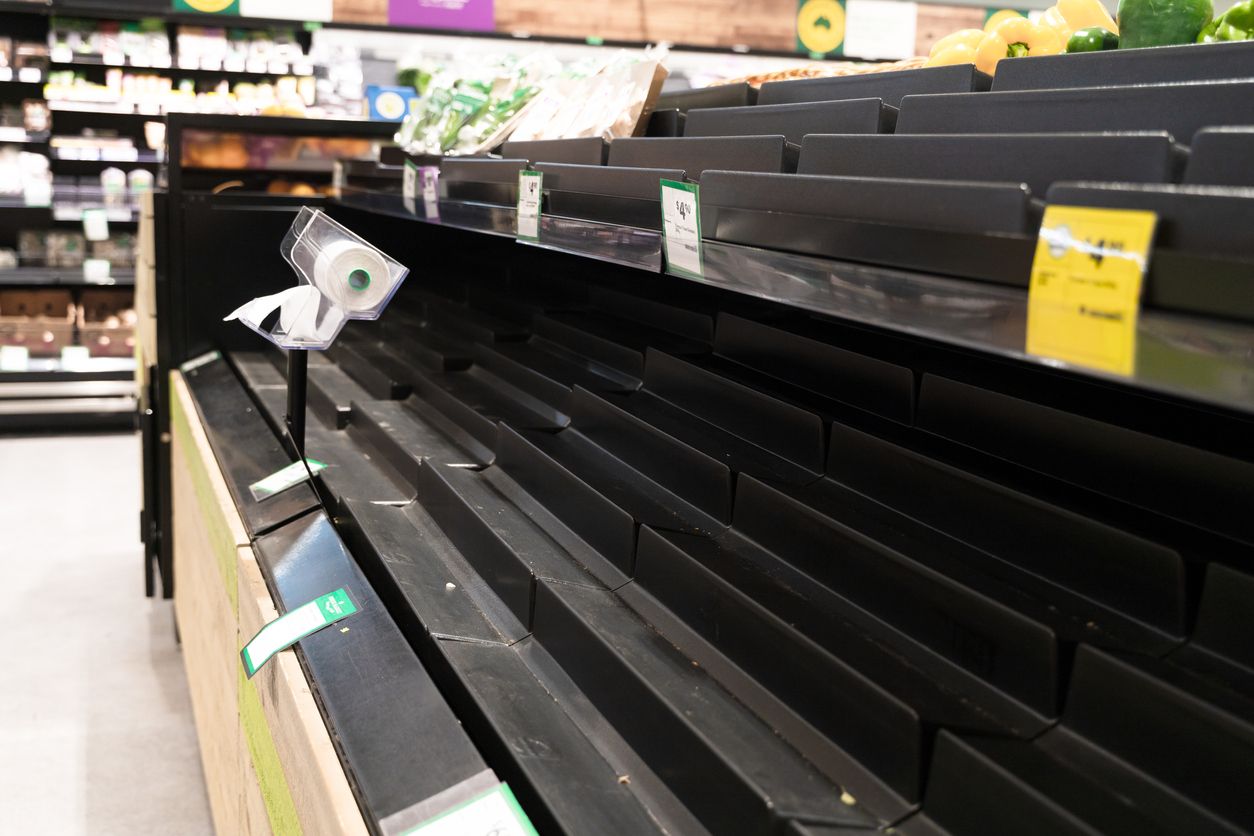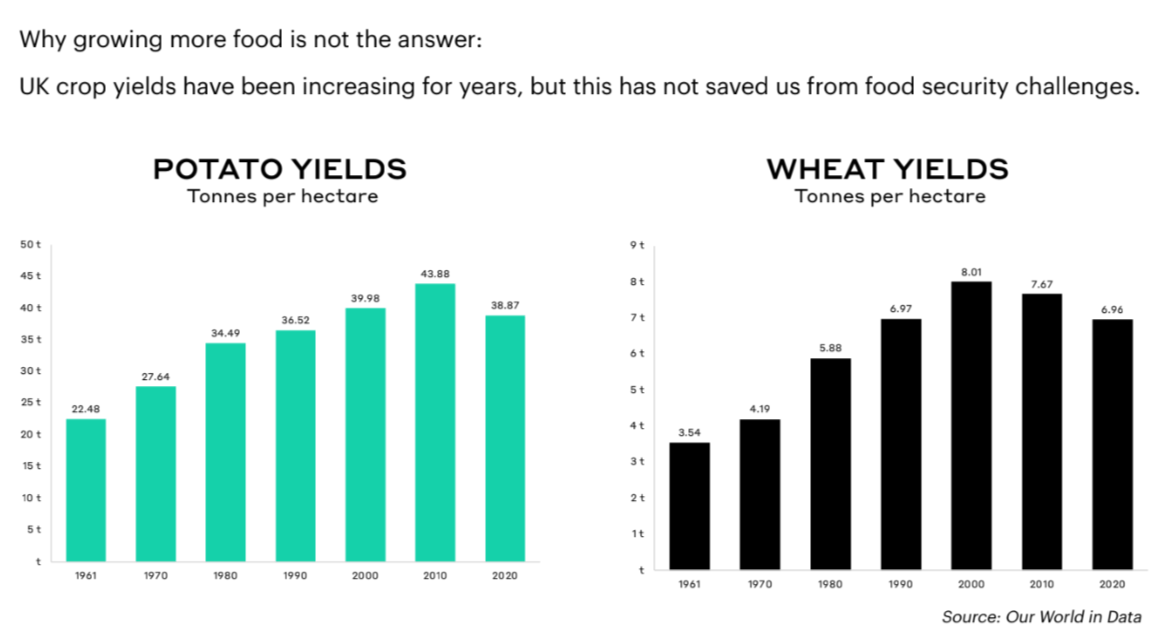A mix of high inflation, drought conditions, and high energy costs are making the chance of food shortages and food insecurity in the UK ever more likely this winter.
And as millions of Brits are skipping meals days at a time, according to a survey by the UK Food Foundation earlier this year, the UK is wasting $23 billion (£19 billion) worth of food each year, enough to feed a quarter of the world’s population. This is according to a report by Better Origin, a Cambridge-based and AI-enabled insect tech startup that produces animal feed.
The whitepaper dubbed the ‘Food Chain 2.0’ takes a look at the extent of the UK’s food waste with food insecurity as a background and presents food upcycling as a solution to this waste.
“In the UK, we waste a third of all food produced. WRAP (The Waste and Resources Action Programme) estimates that the UK’s annual food waste (9.5Mt) translates to 25Mt of GHG emissions, 15 billion potential meals, and £19 billion of value lost,” the whitepaper states.
Further, almost 100,000 tonnes of food is wasted annually, by UK retail outlets and its food manufacturing sector.
This immense food waste not only leads to millions facing food insecurity, but the decomposition of this waste leads to the release of methane which is 80 times more potent than carbon dioxide.
Overly linear food chains
Better Origin believes that current food supply chains are too linear, allowing for inefficiencies and neglect which ultimately lead to food wastage. In the UK it says, food chains are also not localized.
The startup believes these chains need to be circular, where resources are re-used and upcycled.
“The problem is not that we don’t have enough food, but that its value is lost,” reads the report.
Take potato crop yields for instance, which have been increasing over the past few years, giving the idea that they are an infinite commodity.
But according to Better Origin, there lies a hidden scarcity of food in the UK. The accessibility of food in past years has meant this scarcity and its value has been overlooked. In the wake of this scarcity, reports of looming food shortages in the UK emerged recently, a consequence of drought conditions over the summer and rising energy costs.
Nature’s solution to food waste: insects as upcyclers
Quite a number of startups are presenting insect technology as a solution to food waste and investors seem to be joining the bandwagon, given the multiple ventures in this niche that have secured financing this year alone.
In Better Origin’s view, nature has had the solution for food waste for eons. The startup presents insect technology as a solution that can repurpose as much food as possible.
In a new circular food chain it wants to build called Food Chain 2.0, Better Origin says technology advancements have made it the perfect time to introduce insect protein for agriculture and for animal and human consumption.
“By introducing insects into our food supply chain, we can convert local waste into local food, solving not just the problem of lost value but also that of a too-globalized food system,” the whitepaper says.
Potential gains for the UK
Demand for insect protein is only going up. Various research organizations present varying figures, but all point to a boom in demand for this novel protein. Fortune Business Insights, for instance, predicts that the industry will hit a valuation of $856.08 million by 2029, exhibiting a CAGR of 24.1% between 2022 to 2029. Meticulous Research on the other hand declares a $9.46 billion valuation by 2030, at a CAGR of 28.4% between 2022 and 2030.
While clearly biased, Better Origin believes insect upcycling of wasted food poses both commercial and environmental benefits to the UK, starting from less landfill to reduced emissions to creating jobs and investment opportunities. The startup also claims that this industry will help the UK meet its sustainability commitments such as its Net Zero Initiative.
Download the whitepaper here.






